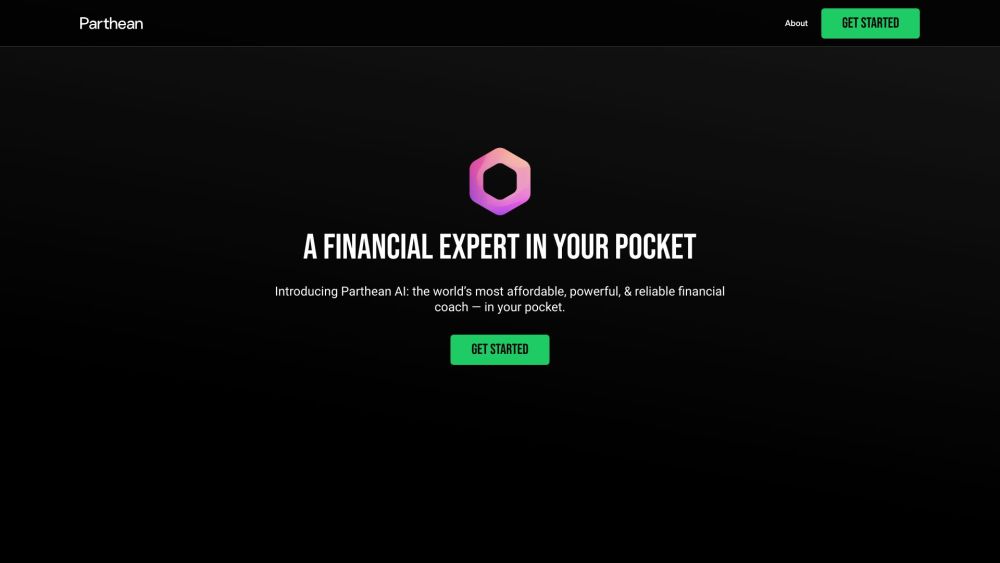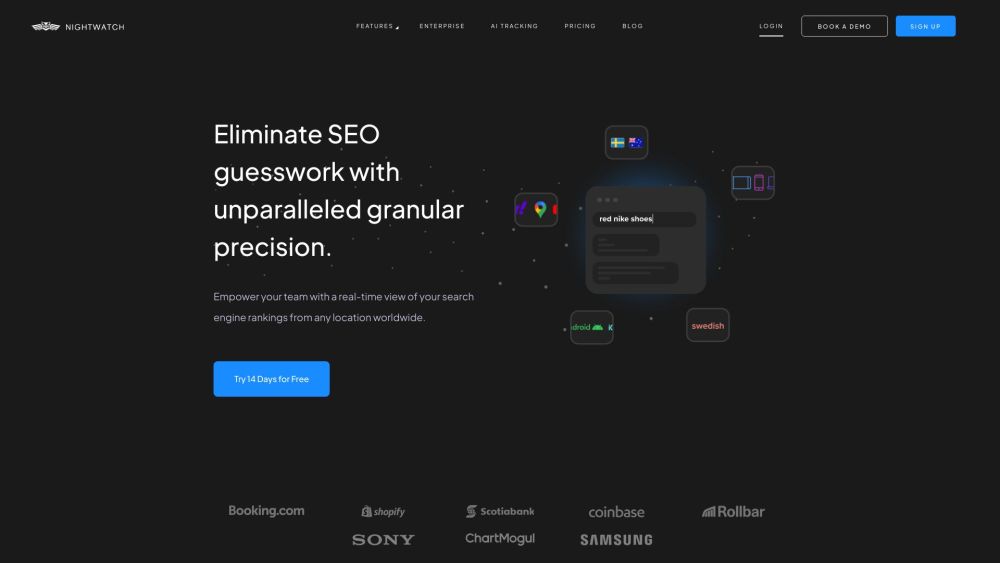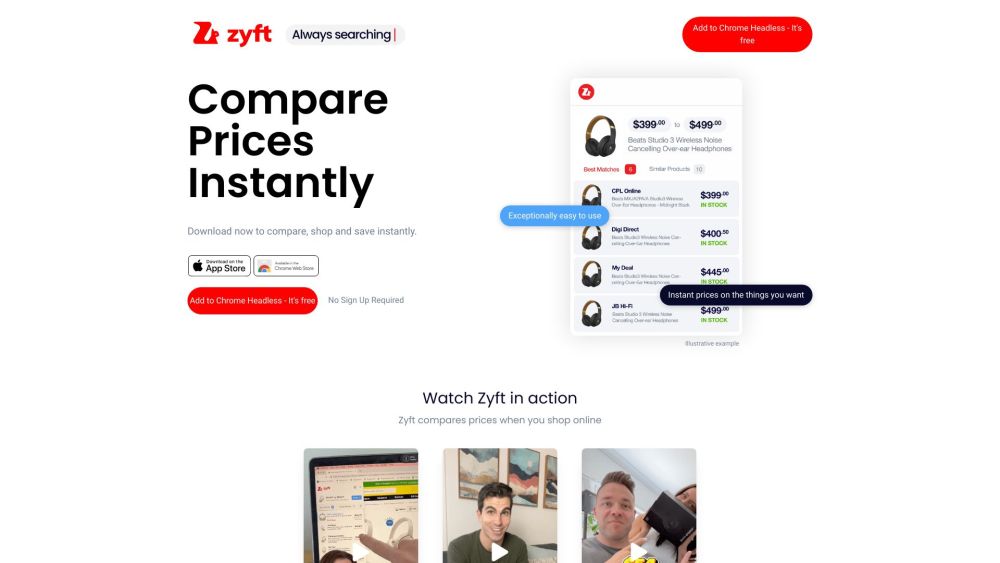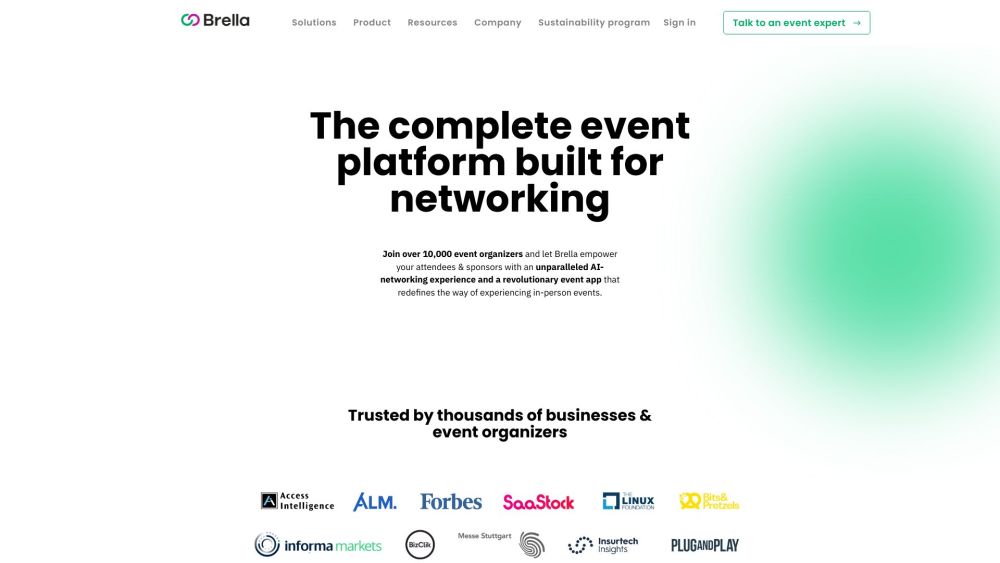OpenAI is actively seeking unique domain-specific data to enhance its AI models, aiming for a more nuanced understanding of various subjects and contexts. The company has introduced the OpenAI Data Partnerships program, inviting public contributions to gather both public and private datasets essential for training advanced models like GPT-4 and the newly launched GPT-4 Turbo.
OpenAI is particularly focused on curating large-scale datasets that encapsulate human society in ways that are not readily available online. The initiative encompasses a wide range of media, including text, images, audio, and video. The organization seeks datasets that express human intention—long-form writing or comprehensive conversations—as opposed to fragmented data points.
Currently, OpenAI has initiated collaborations with various entities to improve language capabilities. For instance, it is working with the Icelandic Government and Miðeind ehf. to develop a specialized dataset aimed at enhancing GPT-4’s proficiency in the Icelandic language. Additionally, a partnership with the Free Law Project aims to enrich AI training through its extensive collection of legal documents, helping to democratize access to legal knowledge.
The goal of the Data Partnerships program is to empower more organizations to influence the development of AI technologies, making them more relevant and useful based on the content they contribute. This collaborative effort emphasizes the importance of engaging with diverse datasets that reflect the complexity of human experiences and societal needs.
However, OpenAI is committed to ethical practices in data collection. The organization has made it clear that it does not intend to include sensitive personal information or data belonging to third parties in its datasets. Instead, the focus is on creating an open-source dataset that can be utilized by the broader AI community, along with the potential preparation of private datasets for specialized applications.
In addition to its data initiatives, OpenAI's CEO, Sam Altman, recently announced plans to collaborate with corporate clients to develop custom AI models. Although he indicated that initially these services might not be affordable for many companies, he highlighted the potential for groundbreaking advancements for those willing to invest in these custom solutions. Altman also noted a surge in interest following the announcement of new models and updates, which has led to greater demand and some service volatility on its platforms.
In a related development, OpenAI confirmed that ChatGPT had experienced a DDoS attack but was restored to full functionality within two days. This incident underscores the increasing attention and utilization of AI technologies, as well as the challenges that come with such rapid growth and interest.






